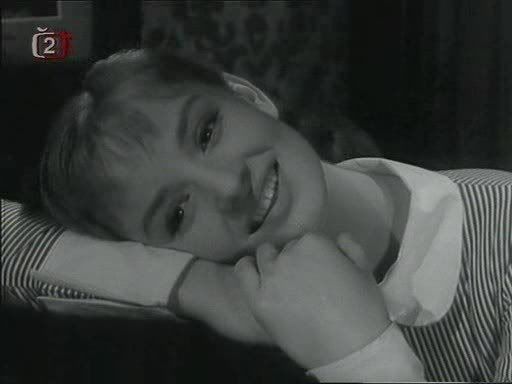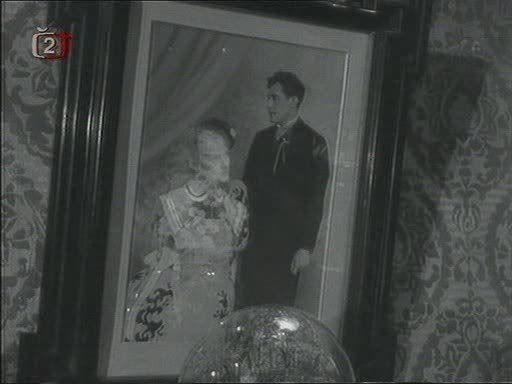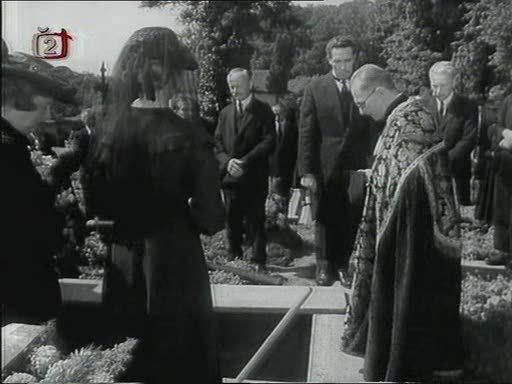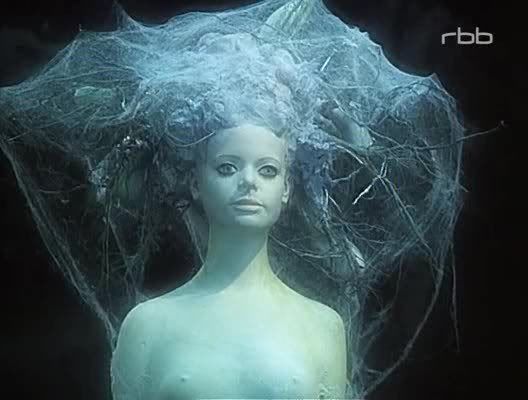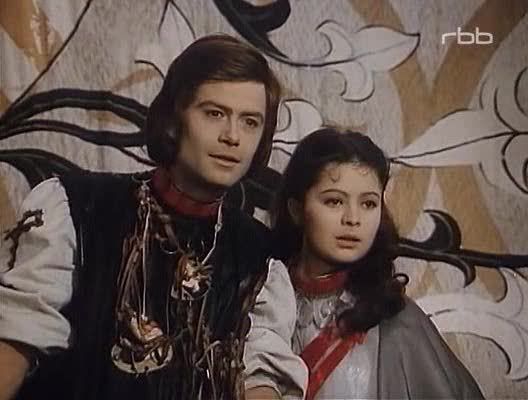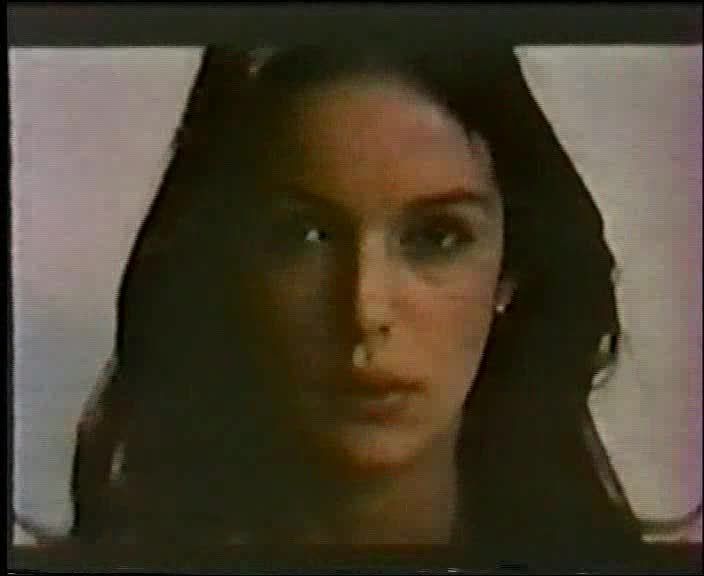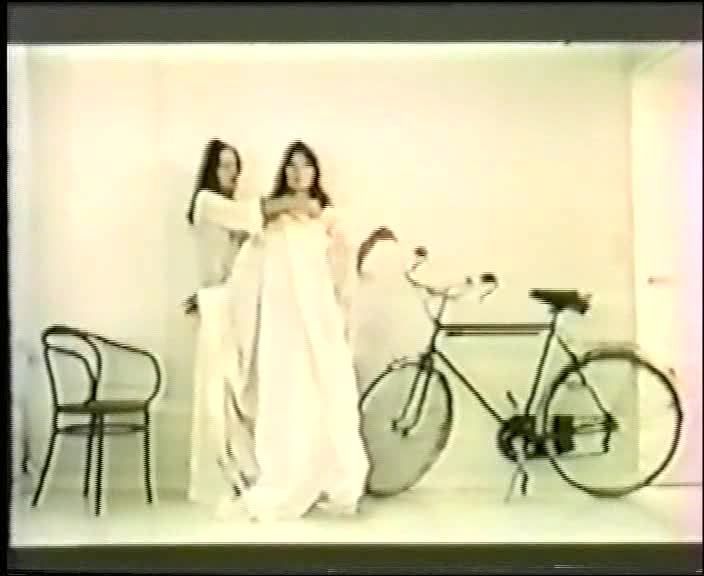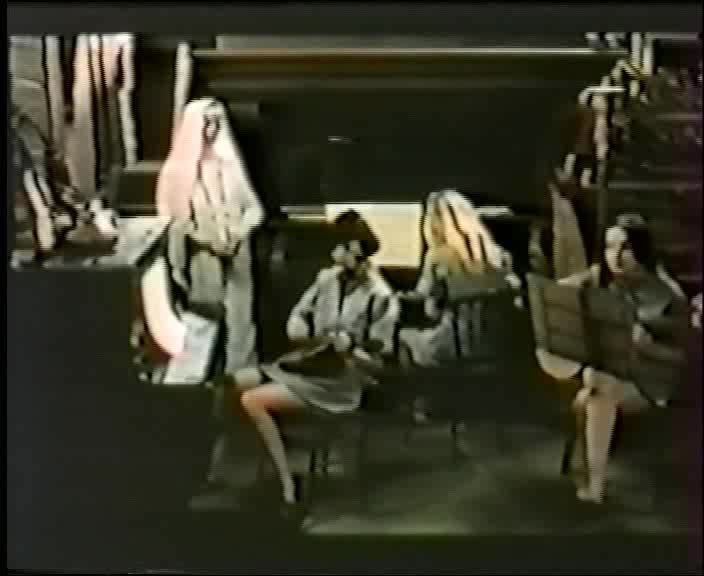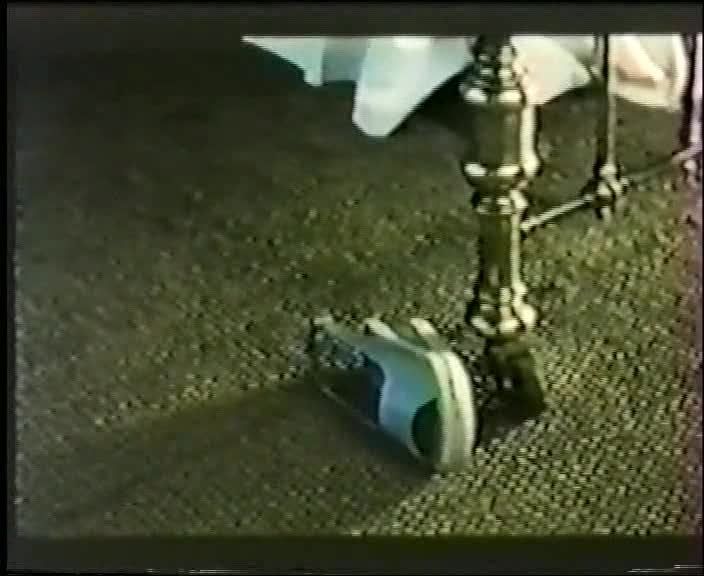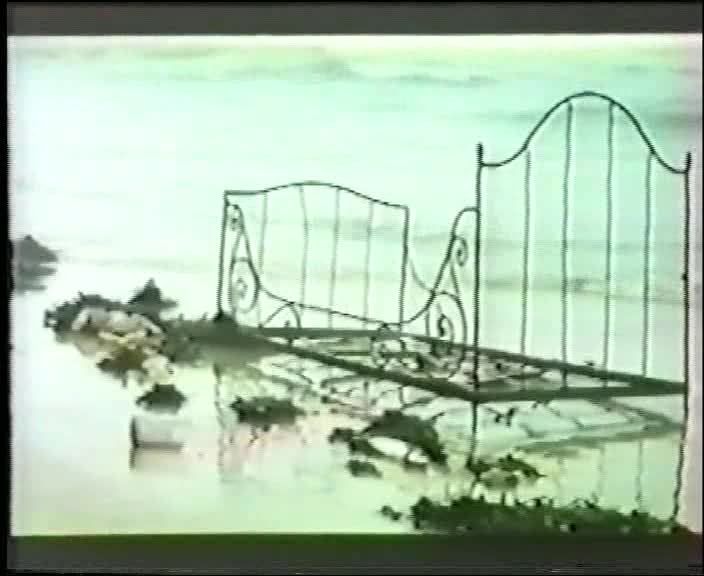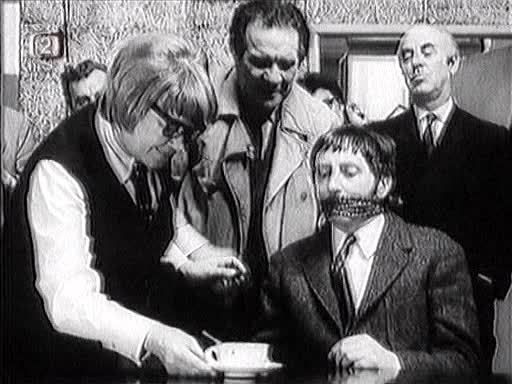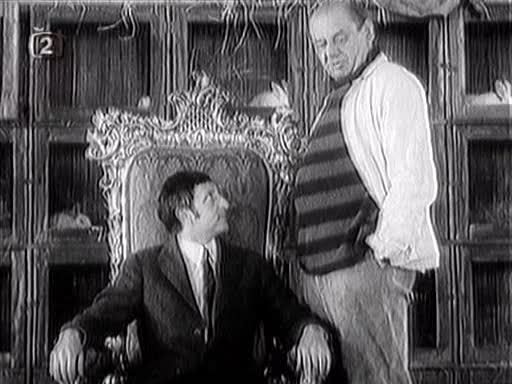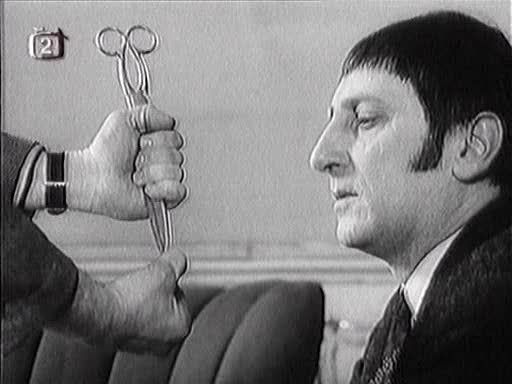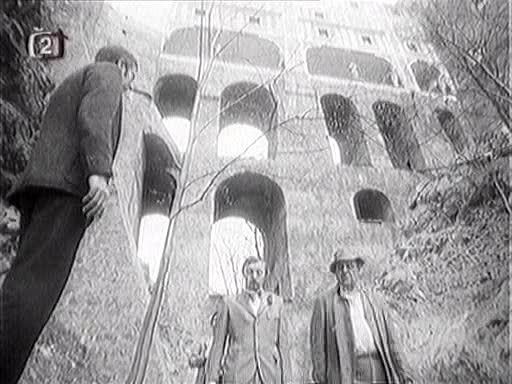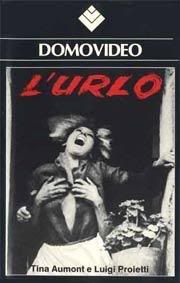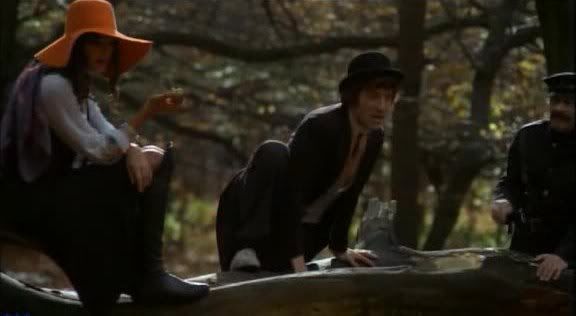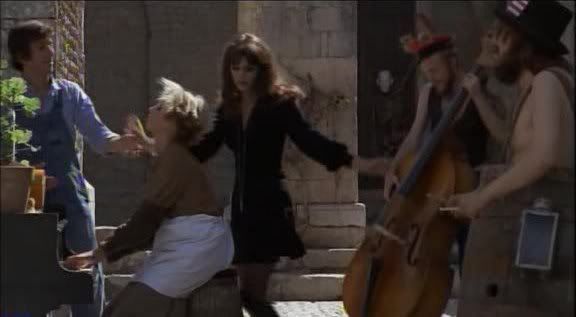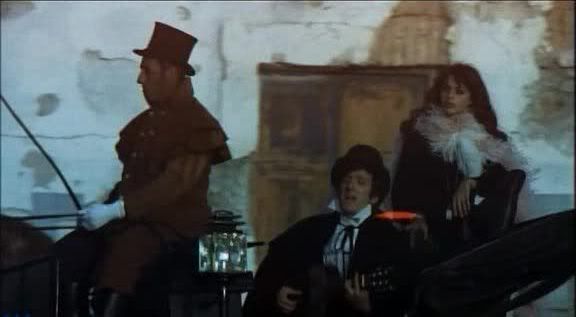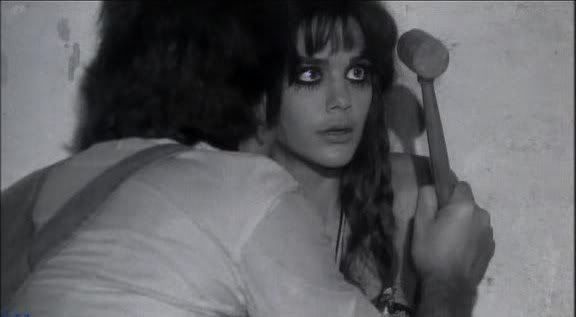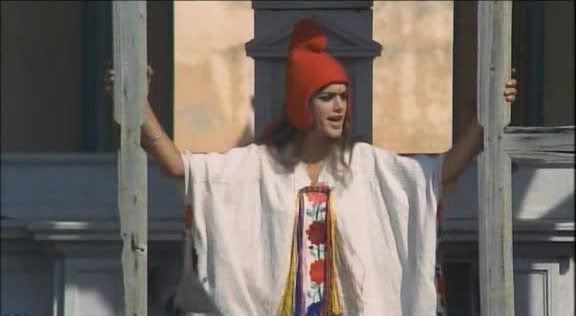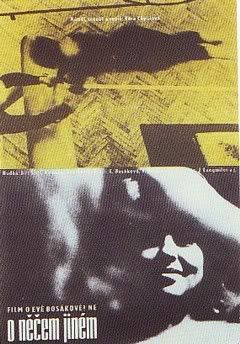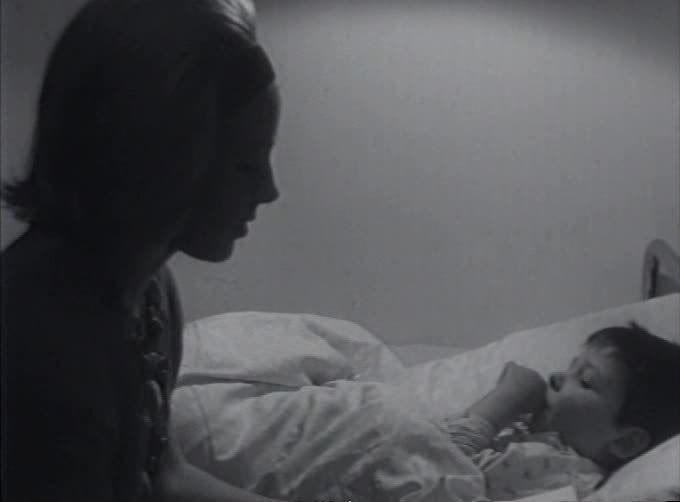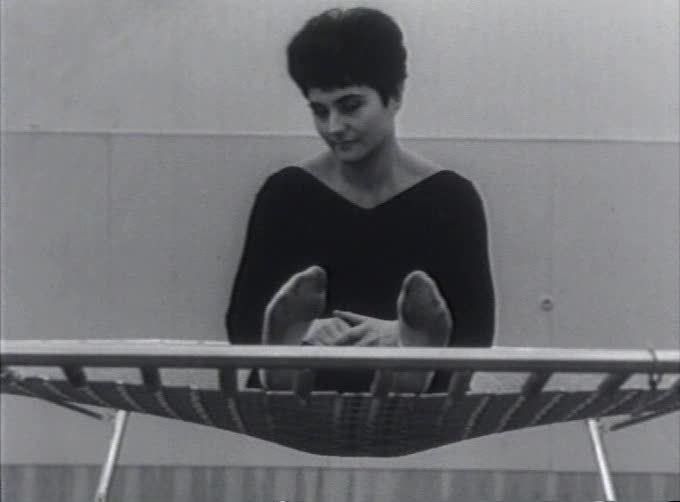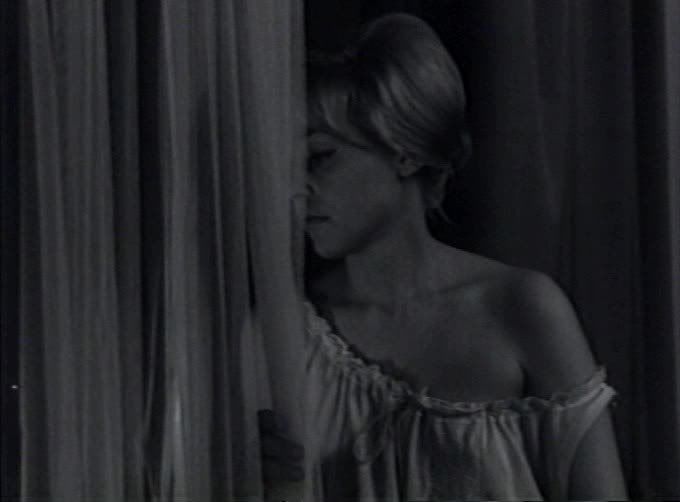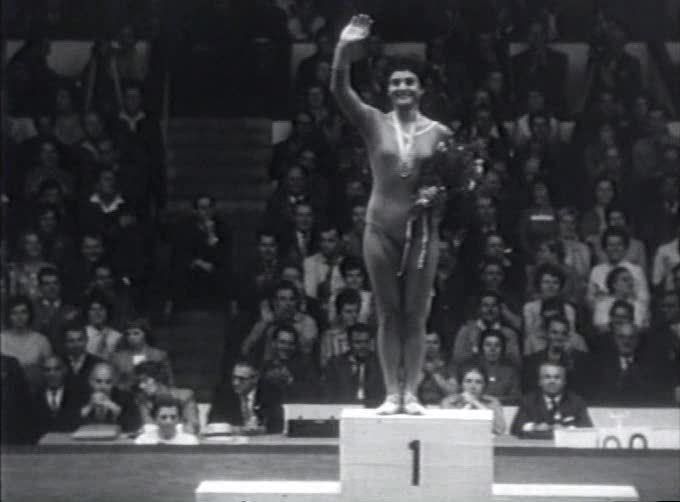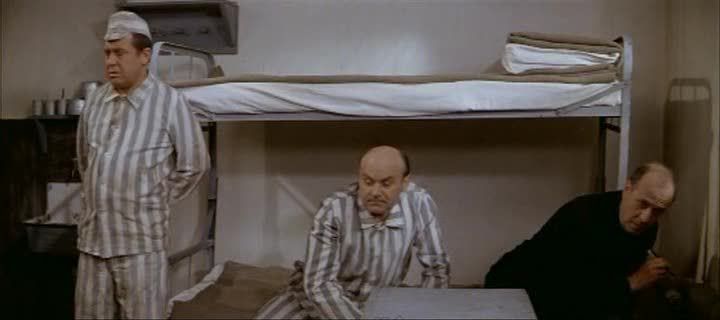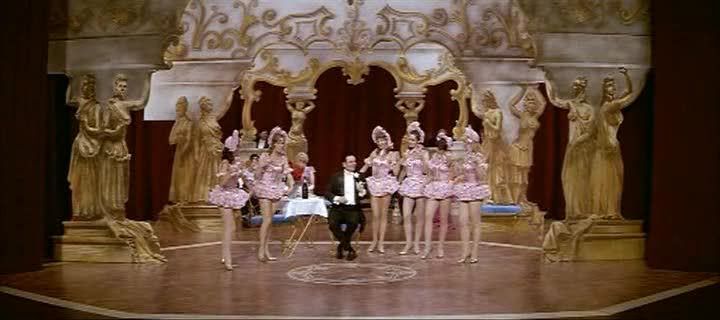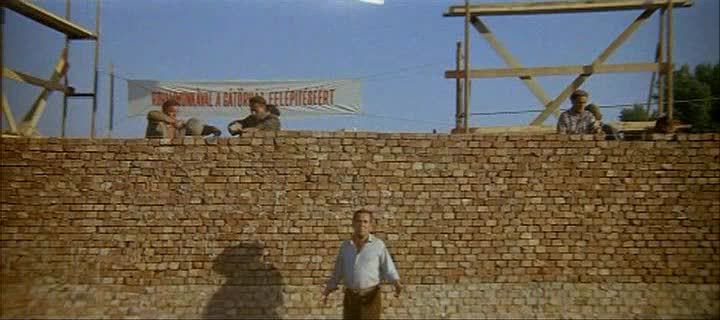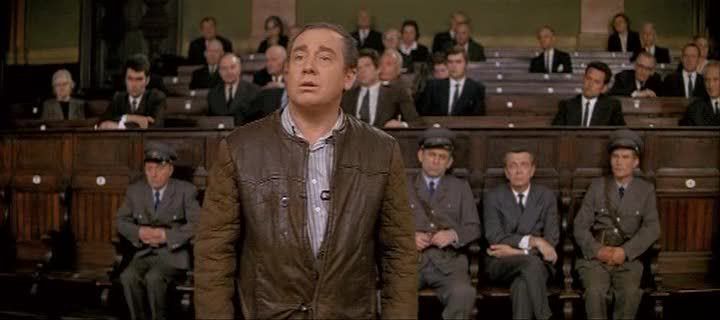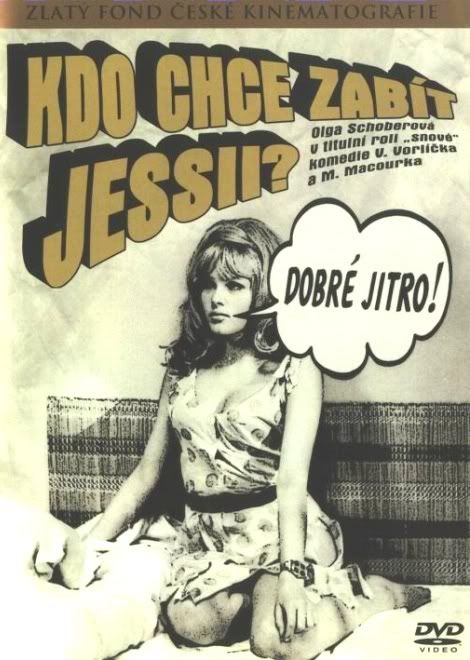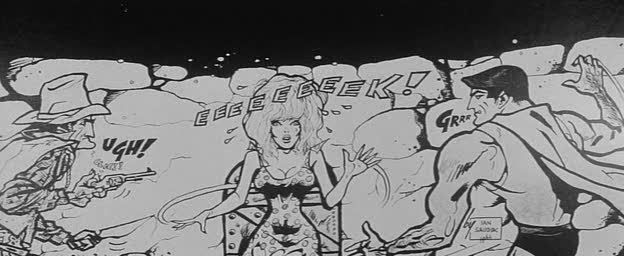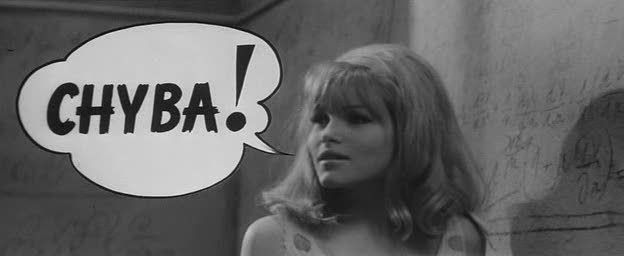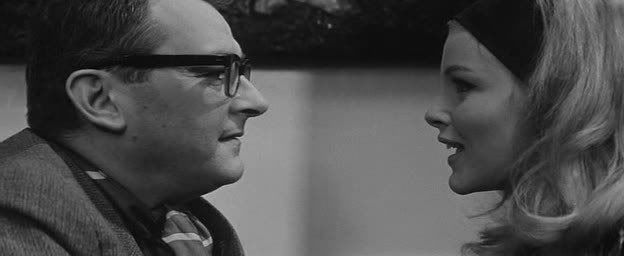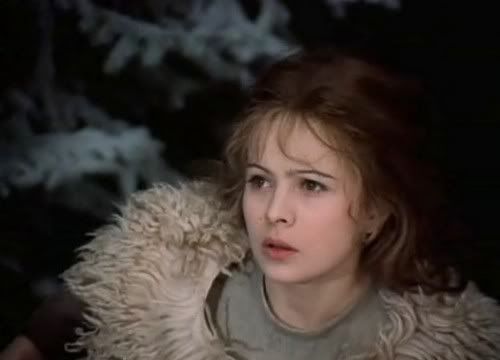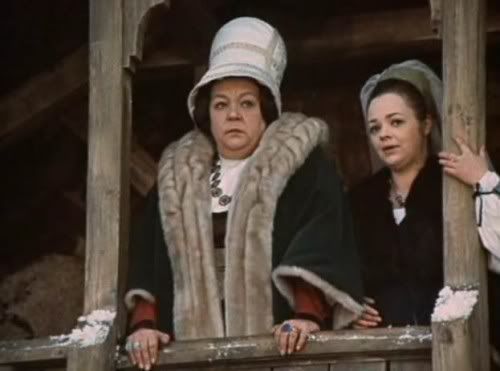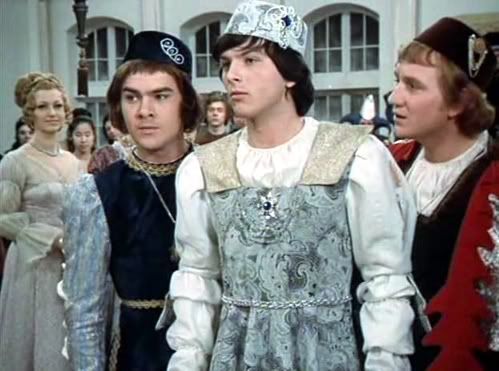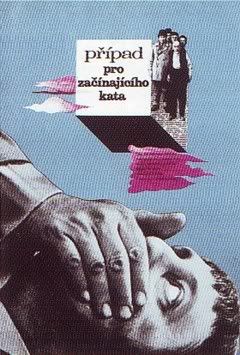
Title:
Prípad pro zacínajícího kataaka:Case for a Rookie Hangman
Director:
Pavel JurácekRelease Date:1969
Genre:Drama,Surrealism
Country:Czechoslovakia
Language:Czech
IMDb簡介。。。。。。
A talented, troubled, complex artist whose ill-fated career mirrored the nightmarish trajectories of his finest film works, the screenwriter and director Pavel Juracek (1935-1989) is one of the most neglected figures of the Czech New Wave, and one of that movement's most tragic casualties of totalitarianism. A visionary artist influenced by the likes of Swift, Kafka, Dante, Jaroslav Ha1ek, and Czech absurdist theatre, Juracek excelled as a creator of surrealist satire, absurdist allegory, dark fantasy, and provocative science fiction. As a filmmaker, he was a poet and dreamweaver, known for his striking imagery, melancholy lyricism, and (Czech) black humour. His 1963 medium-length film Josef Kilian, co-directed with Jan Schmidt, was an early international success for the Czech New Wave, and is still regarded as one of cinema's finest evocations of Kafka (and of totalitarian darkness). His debut feature was Every Young Man (1965), a sprightly satire of military life in the vein of Haiek's novel The Good Soldier Schweik. Juracek's supreme achievement was his second (and, sadly, last) feature, Case for a Rookie Hangman (1969), a fantastical, absurdist political satire based on Swift. "If Czech film has ever produced a portrait of Czechoslovakia as a totalitarian disaster," Juracek authority Jioi Cieslar has written, "then this is it." Rookie Hangman's timing could not have been worse: Soviet tanks had since moved into Czechoslovakia, and the film was banned outright shortly after its release. Two years later, Juracek was fired from his long-time job at the Barrandov Film Studios because of his involvement with dissident union and pro-democracy groups. He became one of the very few Czech filmmakers to be completely barred from work in the cinema by the Communist 20 regime. After joining other Czechoslovak artists and dissidents in signing the Charter 77 human rights declaration, he was hounded out of the country by the secret police. He emigrated to West Germany for an unhappy six years before returning to his homeland, and died of lung cancer only months before the Velvet Revolution of 1989.
This is an updated version of Jonathan Swift's classic symbolic social and political satire Gulliver's Travels. Gulliver (Lubomir Kostelka) wakes up in Balnibarbi after being involved in a car crash. Floating over Balnibarbi is the mysterious country Laputa, and Gulliver tries to go there when he hears it is a better place. After running over a rabbit dressed in human clothing, he takes the creature's watch and finds it runs backwards, whereupon a peasant comments that at least the watch runs.
我的碎碎唸。。。。。。推薦指數:9.0/10
"I've realized that we invent an image of the world for ourselves so we can find our way around. We get used to it and eventually mistake it for the real world."--Pavel Juracek
帕維爾·祖拉契克(1935-1989),捷克新浪潮電影運動中的天才導演、編劇、製片人,被譽為“捷克新浪潮電影革命中真正的靈魂”,作為整個東歐電影 新生運動中最獨特的劇作家之一,他創作了好幾部在捷克和東歐電影史上佔有重要地位的影片。1963年由他所編劇,Jindrich Polak導演的《Ikarie XB-1》是庫布里克最鍾愛的十部影片之一,同時也是影響其《2001太空漫遊》創作的靈感源泉;1964年為捷克動畫大師Karl Zeman所創作的《The Jester's Tale》是一部融合了動畫、真人和奇特攝影術的幻想片經典;1966年他與捷克新浪潮中另一位著名劇作家Ester Krumbachova共同創作了Vera Chytilova最著名的《Sedmikrasky》(雛菊),成為新浪潮中一部最獨特最具個性的傑作;一年後他又為捷克科幻電影大師Jan Schmidt編劇了其最好的作品《Konec srpna v Hotelu Ozon》(沒有男人的八月末)。作為製片人,他擔任Vera Chytilova的名作《Ovoce stromu rajskych jime》(天堂禁果,1969)和Jiri Menzel最富傳奇色彩也是最爲出色的電影《Skrivánci na niti》(弦上的雲雀,1969年拍攝,1990年解禁)的執行製片。同時作為一位極具創新意識的電影導演,他一生卻只拍攝了兩部 長片和一部短片。由於69年的《Prípad pro zacínajícího kata》中對共產主義和極權主義的批判和諷刺,影片被當局禁映並永遠禁止Juracek再拍攝任何影片,兩年後,Juracek也被免去了在Barrandov電影工作室的工作,1977年他被迫流亡西德,經過6年抑鬱不得志的生活後回到祖國卻依然看不到重新創作電影的希望。1989年,就在捷克共產主義政權垮台的前夕,鬱鬱寡歡的Juracek在布拉格永遠閉上了眼睛,終年只有54歲。他成為捷克20年的共產主義極權專政下少有的 被終生禁止拍片的捷克電影導演,而他的悲哀逝去,在後來被公認為極權主義對所有藝術創作和優秀電影人所犯下的最慘痛的摧毀與踐踏,世界上從此失去了一 位具有獨特魅力的創新意識和個人風格、堪稱能與費里尼相媲美的電影天才。縱觀他的電影生涯,這爲數不多的作品幾乎每一部都堪稱經典,尤其是僅有的兩部由他執導的長篇作品更是充分展現其 奇思妙想的電影傑作,但是這位已故的電影奇才依然被人們所忽略、沒有得到應有的重視和褒獎。2004年8月,紐約著名的CINEMATHEQUE實驗 院線與布拉格國家電影資料館在兩地共同舉辦了Juracek的電影回顧展,取名為“為帕維爾·祖拉契克的辯護——重發現一位捷克新浪潮電影大師”,向全世界推薦並緬懷這位英年早逝的東歐電影奇才。
《為年輕劊子手的辯護》被國際上公認為Juracek最完美的電影傑作,也是Juareck的絕唱,它是60年代捷克新浪潮電影運動中最重要也是最“聲名狼藉”的一部作品。這部狂熱的、稀奇古怪的政治諷刺劇完成於蘇聯坦克壓境之後,在其上映後立刻被當局封禁,並永遠終結了祖拉契克的電影生涯。大膽的、創新的和絕對荒誕主義式的影像,《為年輕 劊子手的辯護》是電影史上對格利佛漫遊記最瘋狂的一次改編,全片幾乎擺脫了所有劇情和思維邏輯的形式和束縛,讓觀眾們完全進入一個象徵主義和符號主義的幻 想世界。作為影史上所公認的“最偉大的超現實主義電影傑作之一”,這部影片呈現給我們無數古怪而充滿隱喻性的畫面,一隻身穿衣服的兔子,一座專門研究發明 創造的高等學校但裡面所有的學生都是從不說話的,一個精緻的“手工提供動力”的思想機器,一個沒有一年中的第九個月份的國家(為了避免流感的流行)... 我們的英雄格利佛經歷並發現了這一切,在他從小人國到Balnibari前往勒普泰的路程中。 “這部影片包含了所有能超出你想像的荒誕劇元素,超現實主義元素和諷刺劇元素,是烏托邦式的政治諷刺劇和怪誕的童話故事的一次完美融合。”(鹿特丹國際電影節評語)
 Title:Vlcí jáma
Title:Vlcí jáma
